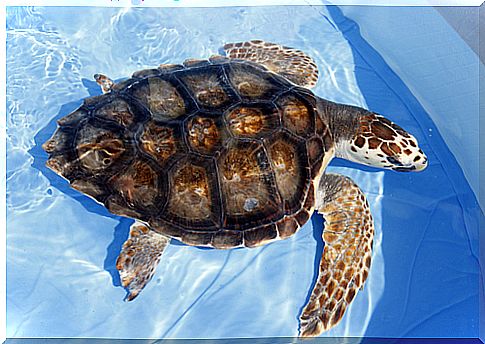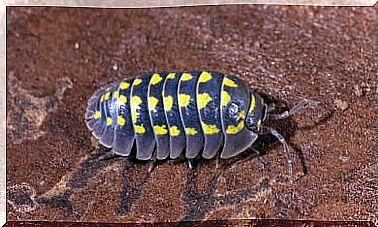How To Care For A Turtle

Although turtles are not very common pets, they are a good choice for people who prefer to care for an animal that doesn’t grow very large and doesn’t have the same emotional needs that other species do, such as a dog or cat. However, you must remember that these animals need special care, so here are some tips to let you know how to care for a turtle.
Some Important Warnings Before Buying a Turtle

Some types of turtles are threatened with extinction, they belong to protected species that cannot be traded.
For example, you should not take a turtle you found on a trip and remove it from its natural habitat, as this is inhumane, it is a crime in most countries and can lead to legal problems. So, conduct research before you end up having to explain to the police.
Always quarantine new animals prior to exposure to other individuals, especially if you do not know the source. Also keep in mind that they are not animals that you should over-interact as you can cause infections or accidents to the animal.
Something you also have to know is that you shouldn’t give a turtle to a child (or other small animal). Many people may disagree with this view, but animals should not be used as experiments to hold children accountable.
Accidents are the most common cause of death for domestic turtles, and many cases are due to mishandling or possession by a child. So, if you want to educate a child, assign responsibility tasks to be fulfilled in specific periods, don’t put them in charge of a living being, save the suffering of both the animal and the child.
Special cares
Taking care of a turtle depends heavily on the species to which it belongs. In general, you can find two types:
water turtle

Aquatic turtles need a habitat where they have enough water and space to swim freely. Usually, large tanks are used (so as not to hinder the turtles’ development) with fresh or salt water and land space, which allow them to relax and sunbathe.
This space should be deep enough for the turtle to dive in, because his favorite activity is swimming. You should place the aquarium in a place where it is possible to receive the sun, as this is how they regulate their temperature, in addition to being beneficial for their shells and bones.
Keeping the water clean is essential for the turtle’s health, as it will prevent the growth of bacteria that can damage it. Therefore, you should buy a filter and change the water frequently, depending on how many turtles you have (it is suggested to be a pair to avoid boredom and depression) and a set temperature of no less than 25°C and no higher at 28°C.
This will prevent heat shock, remember they don’t regulate temperature like mammals do. Also, this way you’ll avoid going into hibernation, which can get you into trouble if you don’t know how to handle it, although not all species hibernate.
land turtles
Terrestrial turtles need more space than aquatic turtles to move around, as they spend more time on land, they need to be free from predators (cats, dogs and some birds), and there also needs to be a safe space where they can swim.
A pond yard is ideal for adult animals, while they are small, an aquarium is enough. These turtles also need shelter to sleep or hibernate if necessary.
This requires more care, as some turtles like to burrow in muddy areas, if you don’t notice this, the animals could die if the place dries up before the animal leaves.
food
Turtles are easy to feed, calcium rich foods are usually suggested , but they can eat all kinds of fruits and vegetables, some also eat meat.
Turtles tend to be greedy, so you should monitor the servings given, as excessive food intake can be harmful to them.
In addition, it is also necessary to clean the space in which they feed when their meals are finished, to prevent bacterial growth by decomposition.
They can also eat rice or corn and you should mix the food with plants and flowers. If you leave them in your yard, they will possibly feed on snails, worms and slugs, which are part of their natural diet.
common diseases
Turtles are prone to fungal contamination of their carapaces if not properly cleaned, as well as weakness in the bones and carapaces from vitamin D deficiency due to lack of exposure to the sun.
Eye diseases are also common (you will notice swelling) and respiratory system diseases manifested by mucus and coughing.









